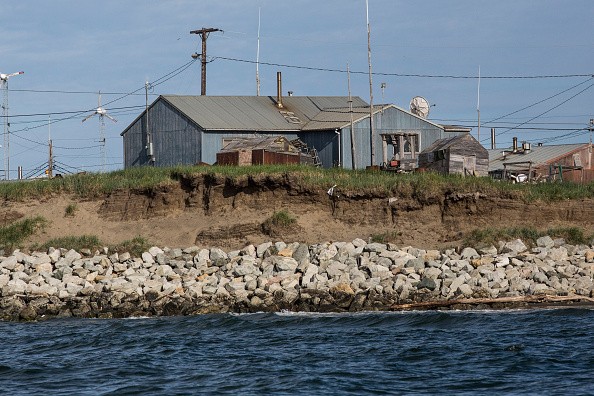An island village in the U.S. state of Alaska called Shishmaref, which is home to Inupiat tribe, is losing 10 feet of shore line every year. The tribe voted 89 to 78 to relocate, but the official count has not been certified yet and there are more absentee ballots that are still unopened.
Shishmaref, which has a population of around 600 people, is located on a small island just north of Bering Strait which separates the U.S. and Russia. The U.S. Army Corps of Engineers and Alabama-based Auburn University did a research and said that the city is sinking 10 feet or three meters each year, as reported by Yahoo.
Due to the climate change, the sea level rises causing Shismaref to sink. The tribe voted for the relocation to the mainland earlier this week according to Donna Barr, secretary of the Shishmaref Council. Eighty-nine voted to relocate and 78 voted to remain and build more environmental defenses.
However, this is not the first time that the village decided to relocate. They voted to relocate in 2002 but it did not go through since relocation needs a huge budget and the village is racked by poverty.
Whether they choose to relocate or stay, either choice is costly. A study made by the Army Corps of Engineers in 2004 said that relocating would cost $180 million. If they stay however, they would need $110 million to build some additional environmental protections, The Guardian reported.
On local news, Mayor Harold Weyiouanna Sr said that they must do something because while their village continues to sink, their community continues to grow. The sea wall they have built is holding but they need more to protect the whole island, he added.
The village is just one of dozens of other indigenous villages in Alaska that are facing the threats of flooding and erosion that is caused by global warming, according to the U.S. Government Accountability Office. The United Nations University Institute for Environment and Human Security and the International Organization for Migration estimated 50 million to 200 million people are going to be displaced by the climate change by 2050.




























